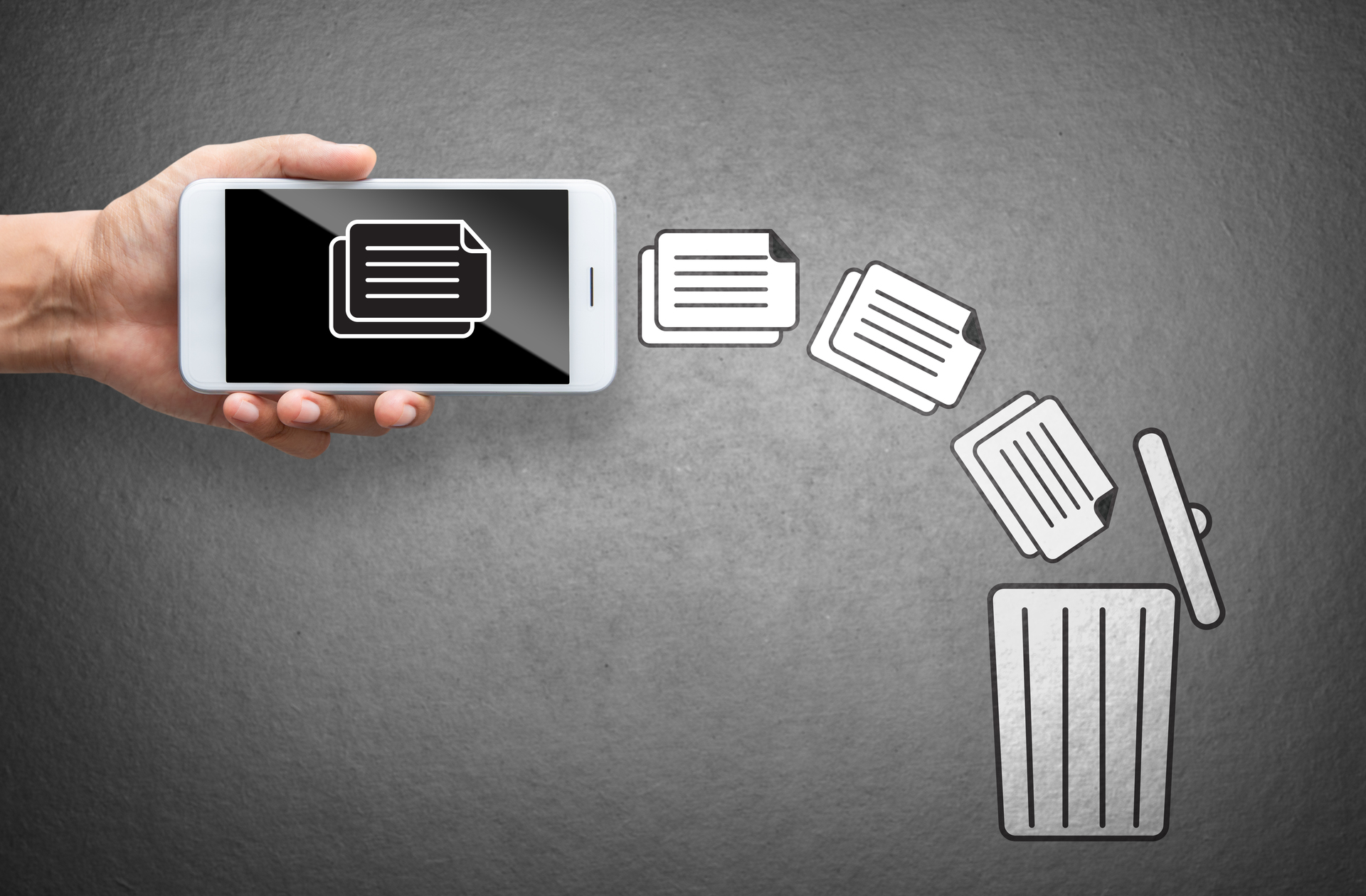
Dumpster Dive in the PC Recycle Bin for Clues
When people delete files, they often forget that “Delete” doesn’t always mean gone forever. The Recycle Bin on a Windows PC (or Trash on a Mac) is one of the easiest places to recover deleted evidence. Here’s how to check it properly.
 1. Open the Recycle Bin
1. Open the Recycle Bin
On Windows, you’ll find the Recycle Bin icon on the desktop. On Mac, it’s called Trash, located in the dock. Open it and scan the contents for recently deleted files.
 2. Sort and Search
2. Sort and Search
Use sorting options to make your search easier:
- Sort by Date Deleted
- Sort by File Type (look for images, videos, or documents)
- Use the search bar to search keywords, file extensions, or names
 3. Recover or Review Files
3. Recover or Review Files
Right-click any file and select Restore to return it to its original location. For investigation purposes, make a secure copy of the file before restoring or modifying it.
 Recommended Tools & Tech
Recommended Tools & Tech
- Recuva File Recovery Software – Recover files that were emptied from the Recycle Bin or deleted from storage devices.
- External Hard Drive – Backup recovered files securely for review and evidence storage.
- USB Keylogger Device – Capture input activity that may reveal how files were moved, deleted, or altered.
 4. Check Disk Space Settings
4. Check Disk Space Settings
Some users reduce the size of their Recycle Bin to avoid storage warnings. Go to the Recycle Bin properties to check how much disk space is allocated—this can affect how much data you can recover.
 Final Thoughts
Final Thoughts
The Recycle Bin is one of the easiest digital dumpsters to dive into. Often overlooked, it’s a simple but powerful place to recover hidden, deleted, or discarded digital clues. Always preserve the original files and document your recovery process carefully.

